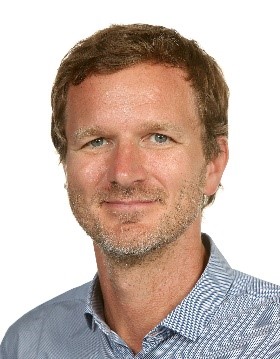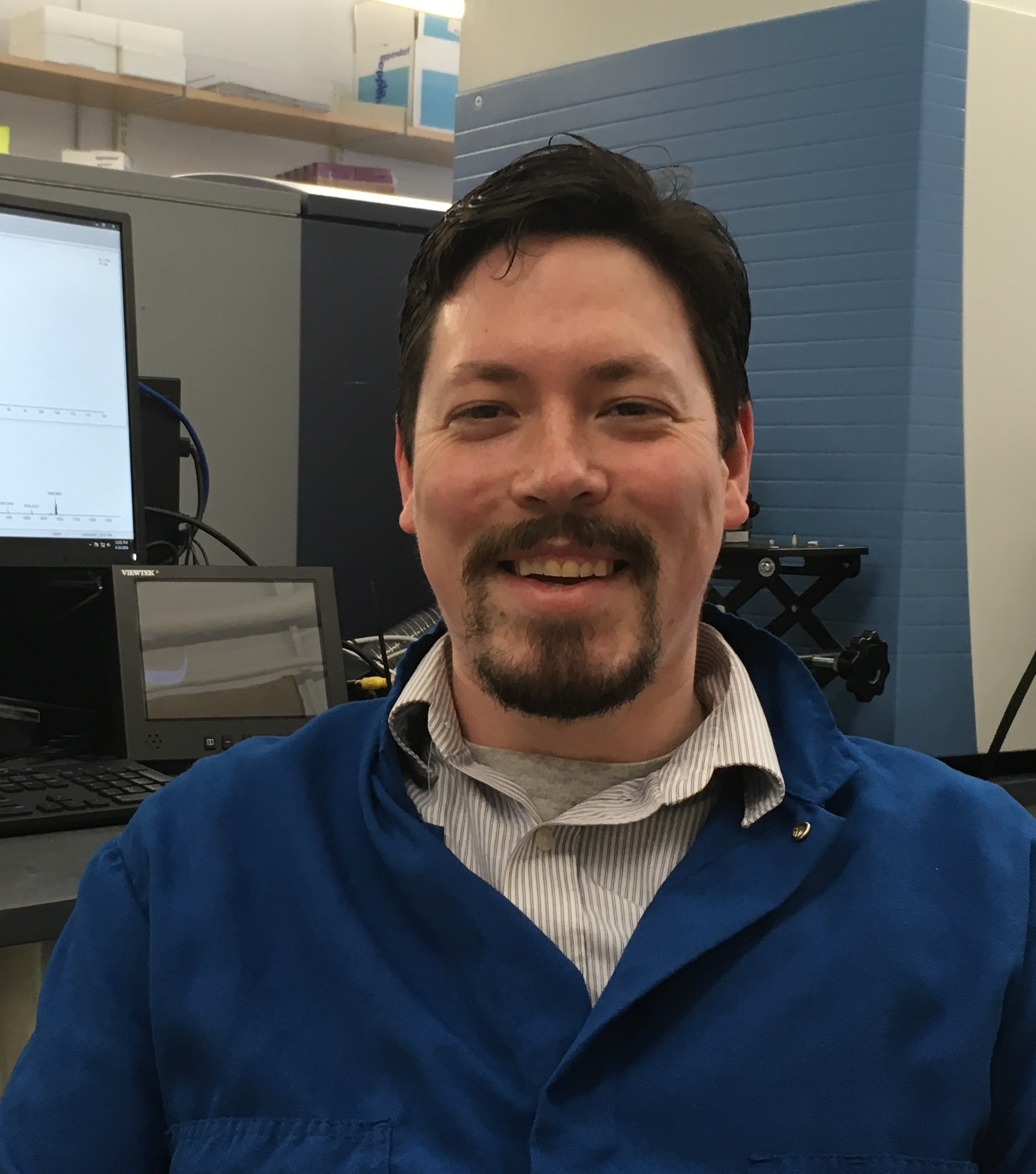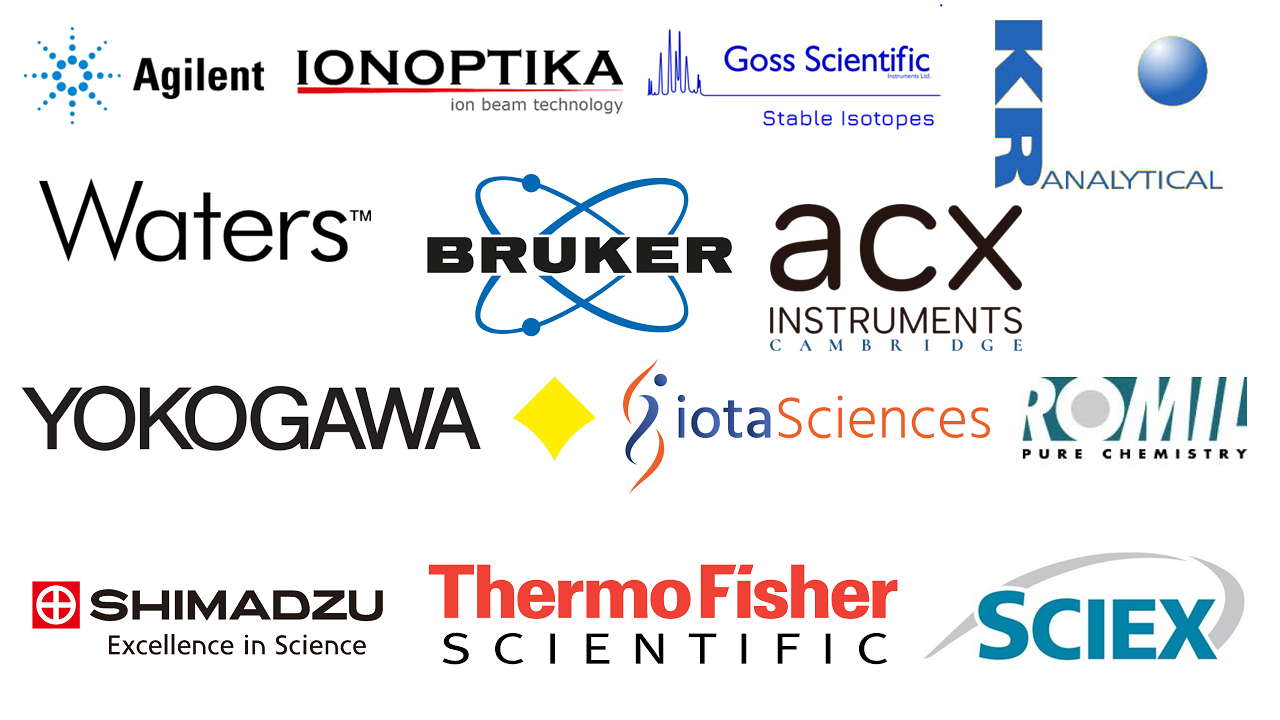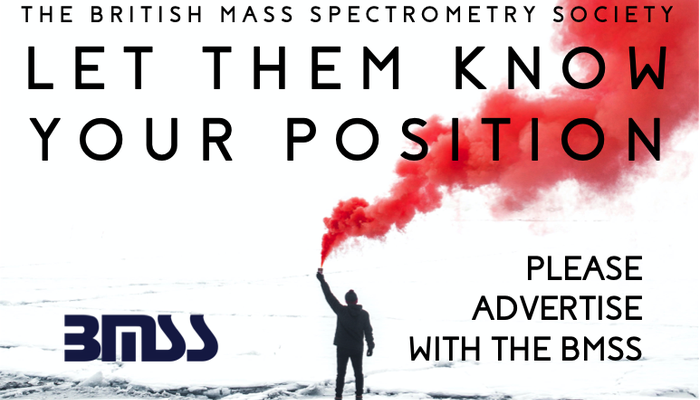BMSS Single Cell MS SIG Meeting 2024

Join us for the first ever BMSS single cell 1-Day meeting on the 10th of July 2024 in Surrey, UK!
Single cell mass spectrometry encompasses a growing number of sampling approaches (e.g. mass spectrometry imaging, capillary sampling, microfluidics and laser capture microdissection) and analytes (lipids, metabolites, proteins, drugs, elements). These approaches have huge potential to unlock new understanding of biological systems, and have shared challenges regarding standardisation, sensitivity, selectivity and sample integrity. We have established a new BMSS special interest group in single cell mass spectrometry, to connect researchers working on single cell mass spectrometry technologies and applications and to share best practise in this rapidly advancing field.
This year, we will host the meeting in conjunction with the user group meeting of the BBSRC SEISMIC facility for spatially resolved single and sub-cellular omics (https://uknibc.co.uk/Seismic/). This will promote interaction between the user community in biology and the mass spectrometry community.
THE MEETING:
This meeting will showcase the latest research and technical advances in single cell mass spectrometry. This year our Plenary Speakers are Professor Morgan Alexander (University of Nottingham) on Orbi SIMS (single cell imaging using mass spectrometry) and Dr Ed Emmott (University of Liverpool, UK) on single cell proteomics.
KEYNOTE SPEAKERS:

Morgan Alexander is Professor of Biomedical Surfaces in the School of Pharmacy at the University of Nottingham.
Morgan's research involves developing new biomaterials for application in healthcare whilst developing relationships between their surfaces and the biological response. Understanding these relationships is critical to the development of next generation biomaterials and it is the theme running through his work across a variety of areas spanning control of bacterial and fungal colonisation, immune cell control for implants, stem engineering cell response with applications in medical devices and cell manufacture.
Morgan led a Wellcome Trust-funded team that discovered a novel class of bacterial biofilm resistance polymers that are applied on a CE-marked catheter, which recently became available for patients in the NHS. EPSRC has supported the discovery of materials chemistries and topographies which control immune cell response showing promise in wound care and implants.
Morgan received a Clarivate Highly Cited Award in 2021, 2022 and 2023. He is Director of the Next Generation Biomaterials Discovery project: https://www.nottingham.ac.uk/research/groups/biomaterials-discovery/ and the 3D OrbiSIMS Facility https://www.nottingham.ac.uk/nmrc/facilities/orbisims/orbitrap-sims.aspx.

Edward Emmott is a Reader/Wellcome CDA Fellow of Biochemistry in Cell and Systems Biology in the Institute of Systems, Molecular and Integrative Biology at the University of Liverpool.
Ed moved to the University of Liverpool in November 2019 to set up his lab as part of the Centre for Proteome Research, Department of Biochemistry. The labs goal is the use and development of proteomic methods to study RNA virus replication and virus-host interactions, and in particular the use of single-cell proteomics to aid in this research. The lab primarily works on (murine) norovirus and SARS-CoV-2.
Previously, Ed was a Postdoc in Nikolai Slavov’s lab, part of the Department of Bioengineering and the Barnett Institute for Chemical and Biological Analysis at Northeastern University. His postdoctoral research with Nikolai involved the study of ribosome heterogeneity and the immune response, as well as the development and application of single cell proteomic methods (SCoPE-MS/SCoPE2).
Prior to joining Nikolai’s lab, Ed was a postdoc in Ian Goodfellow’s lab in the Department of Pathology at the University of Cambridge and Imperial College London where he studied norovirus replication and virus-host interactions, becoming particularly interested in the role of the viral protease, and polyprotein processing.
His PhD was at the University of Leeds under the supervision of Julian Hiscox with his thesis on ‘High-throughput proteomic analysis of the interactions of avian coronavirus and its nucleocapsid with the host cell’. His Bachelors was from the University of Warwick in Medical Microbiology & Virology where his undergraduate research on Adenovirus interactions with PML bodies was supervised by Keith Leppard.
Prizes or Honours
- Deans Excellence - Research Award (University of Liverpool/ISMIB, 2023)
- Tandem Mass Tag Research Award (Thermo Scientific, 2018)
BMSS GRANTS:
Qualifying BMSS members are eligible to apply for the society’s various BMSS Grants for assistance with meeting participation.
SPONSORS & EXHIBITORS:
The BMSS Single Cell Mass Spectrometry SIG cannot function without the generous support of our sponsors & exhibitors. You can register to exhibit on the Exhibitor page, and we warmly invite you to contact the organisers (m.bailey@surrey.ac.uk) if you would like to discuss sponsoring the meeting.
The Society gratefully acknowledges the following companies for their commitment to assisting the BMSS Single Cell Meeting 2024:


